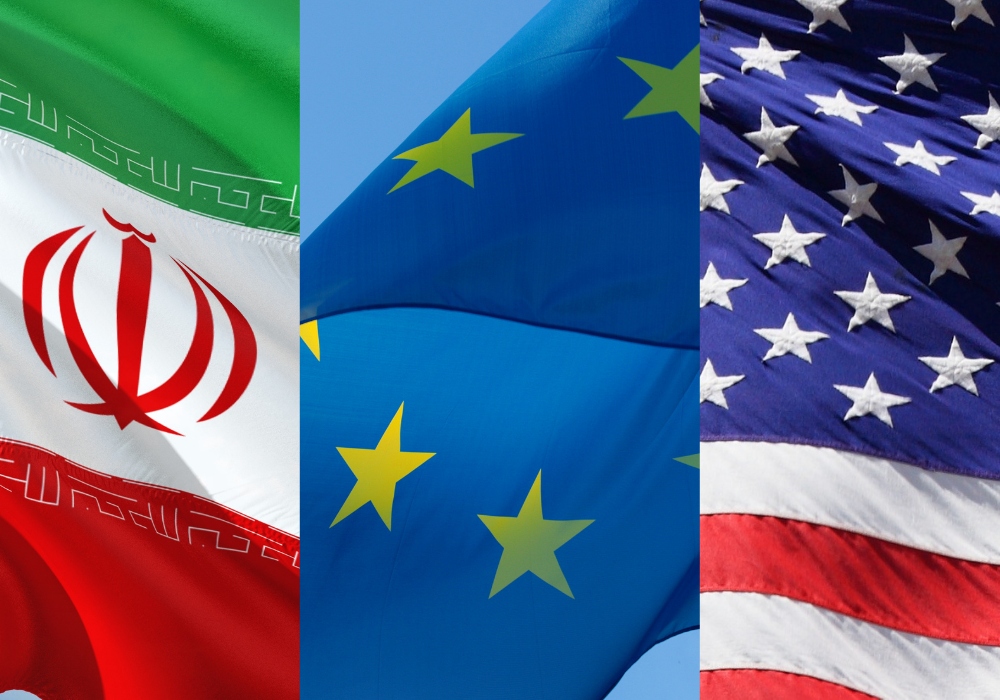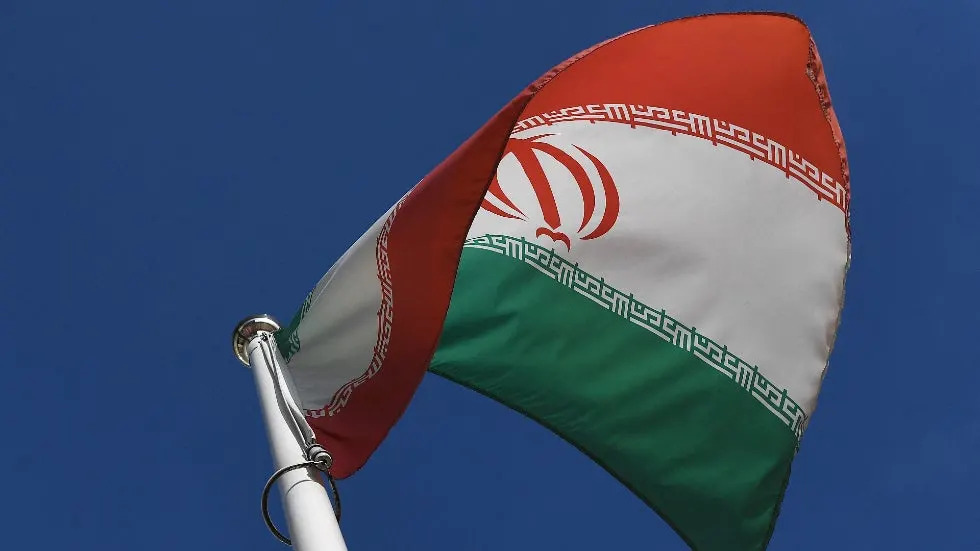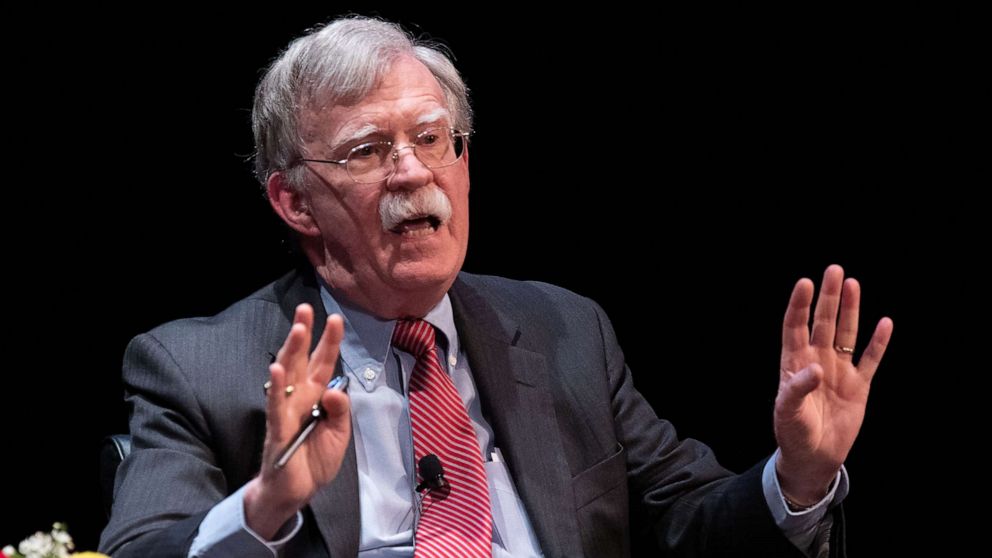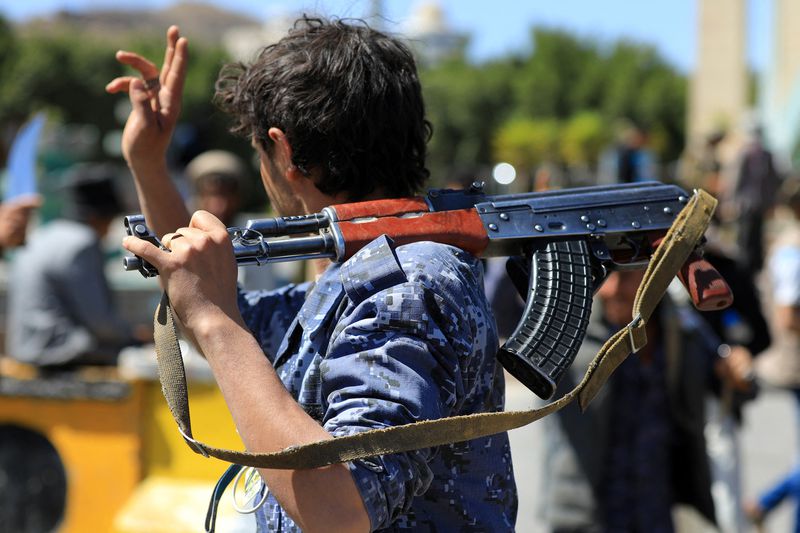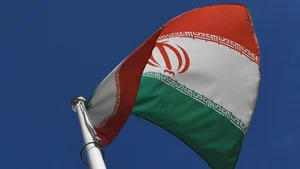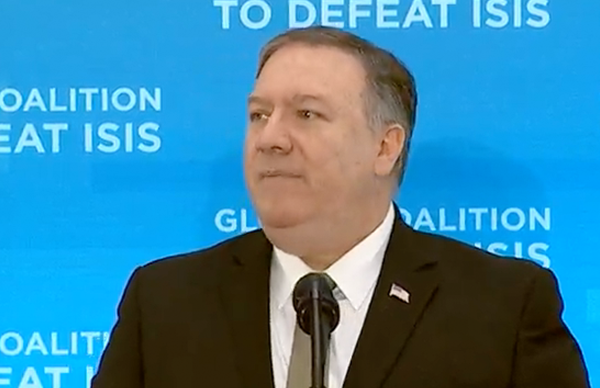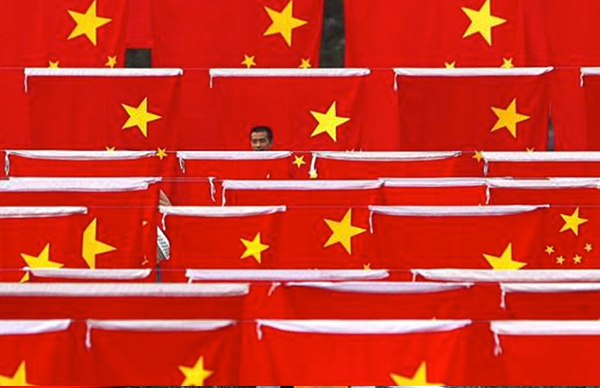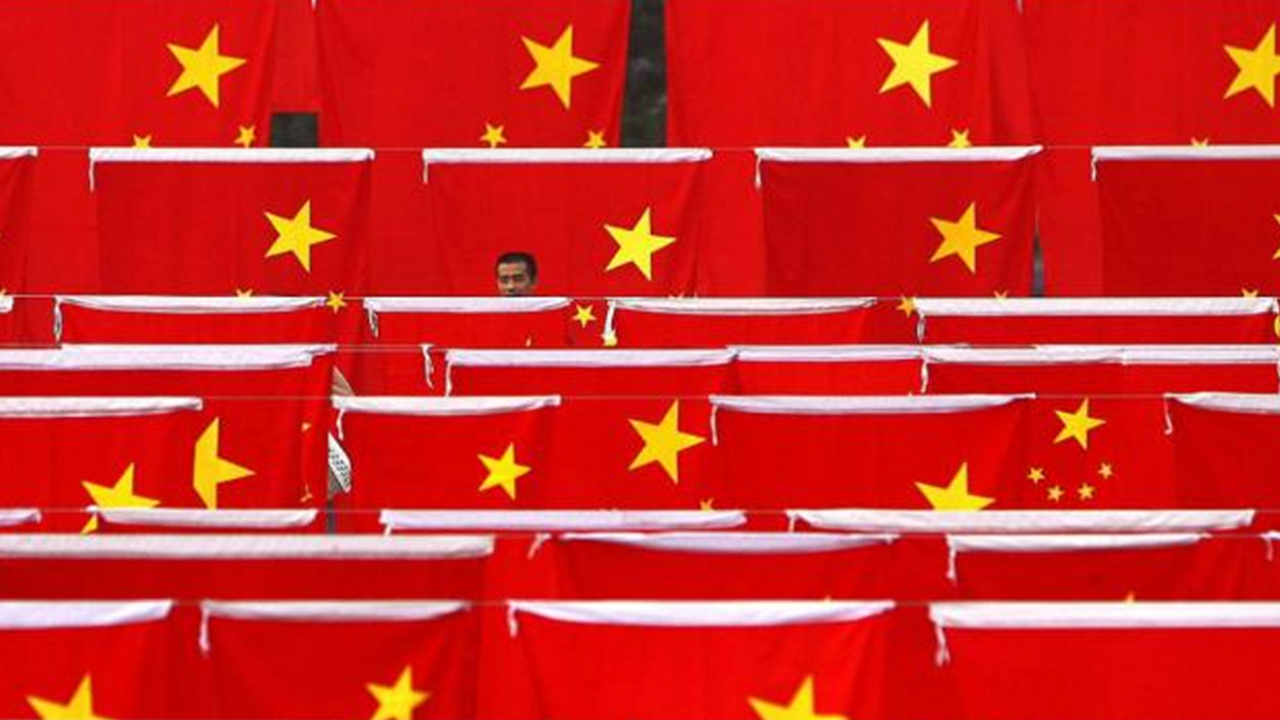By Ambassador John Bolton
This article first appeared in the Washington Post, on August 15th 2022. Click here to view the original article
John R. Bolton served as national security adviser under President Donald Trump and is the author of “The Room Where It Happened: A White House Memoir.”
It has been somewhat surreal over the past few days, I admit, to be speaking publicly about Iran’s plot to assassinate me and many other American citizens on American soil. Fortunately, as an alumnus of the Reagan administration’s Justice Department, I have seen once again the diligent, enormously competent and courageous work of FBI agents and Justice Department attorneys who uncovered and pursued Iran’s murderous plots.
And, thanks to President Biden, I again receive Secret Service protection, as I did when I served as national security adviser.
However, what gives surrealism an entirely new meaning is that the Biden White House, faced with Iran’s broad campaign of anti-U.S. terrorism, amounting to an act of war, is still obsessively grinding along to revive the 2015 Iran nuclear deal.
Islamic Revolutionary Guard Corps efforts targeting me reached the point where the Justice Department filed criminal charges against Shahram Poursafi, unsealed last week. Interestingly, the charging documents’ narrative of Poursafi’s criminal conduct ends in late April, just as Secretary of State Antony Blinken first publicly admitted Iran’s threats to current and former American officials in congressional testimony. A significant number of former public servants are also in Iran’s sights, including former secretary of state Mike Pompeo, former defense secretary Mark T. Esper and others not now appropriate to name, but whose peril has been widely reported.
Nearly four months passed between Blinken’s public corroboration of Iran’s threat and the filing of criminal charges. The only reasonable explanation is that the president feared revealing the accusations would imperil his all-consuming goal of reviving the Iran nuclear deal.
Iran’s malign efforts, however, do not stop with public officials. Consider naturalized American citizen Masih Alinejad, an advocate for women’s rights in Iran. Just weeks ago, an Iranian agent armed with an AK-47 arrived at her Brooklyn home, intending, in the FBI’s view, to kill her. On Friday, Salman Rushdie, long an Iranian target, was grievously wounded by an assailant immediately lauded by Hasan Nasrallah, leader of Iran’s terrorist surrogate Hezbollah, as “a Lebanese champion” who had “implemented” the “honorable fatwa” promulgated by Ayatollah Ruhollah Khomeini. Agence France-Presse reported that pro-regime Iranian media hailed the attack, and quoted Mohammad Marandi, an adviser to Iran’s nuclear negotiators, tweeting, “I won’t be shedding tears for a writer who spouts endless hatred and contempt for Muslims and Islam,” while implying the attack was a U.S. false-flag operation.
The assassination attempts on Alinejad and Rushdie might or might not be coincidental. Along with the extensive list of present and former government officials at risk, however, this is no small matter, except apparently to the Biden administration. We face a concerted threat to America itself, not unconnected threats to random individuals. Iran does not fear U.S. deterrence.
Accordingly, continued pursuit of the nuclear deal signals U.S. weakness worldwide. Russia has invaded Ukraine; suppose the Kremlin was now trying to murder Americans, as in 2018 when it attacked defectors in Britain with chemical weapons? Would Biden still hope for climate change negotiations with Vladimir Putin, as John F. Kerry suggested before the invasion? Or, given China’s threat to Taiwan, would we still conduct trade negotiations if clandestine Beijing agents were similarly engaged? Too many Americans are already threatened with death on American soil by a foreign government. It’s time for Biden to reject business as usual.
In recent weeks, the White House has nonetheless heedlessly, zealously continued its policy of capitulation, reportedly making further concessions to Tehran. These include whitewashing long-standing Iranian obstruction of International Atomic Energy Agency efforts to pursue necessary investigations, and weakening the scope and effectiveness of U.S. sanctions against the very Islamic Revolutionary Guard Corps that is attempting multiple assassinations.
How to explain this manic quest for the Holy Grail of reviving the 2015 deal? Analytically, Biden is compartmentalizing Iran’s nuclear program in one silo and its terrorist activities in another, treating them as separable and unrelated. He is engaging in the classic diplomatic fallacy of “mirror-imaging,” believing his adversaries see the world the same way he does, sealed off into separate compartments.
The reality in Tehran is precisely the opposite. The ayatollahs’ malevolence is comprehensive, with nuclear weapons, assassination and terrorism all elements in their full spectrum of capabilities. By failing to grasp the wider scope of Iran’s menace, and plainly failing to deter it, Biden’s dangerous effort to resurrect the nuclear deal is threatening America’s larger interests. Substantive arguments against the 2015 agreement and the concessions Biden has made over nearly 19 months in office should already suffice to bury the deal, but the broader threat Iran now raises should be the final nail in its coffin.
Biden’s bizarre policy of “nuclear deal über alles” reflects an instinct for the capillary when it comes to Washington-Tehran relations. Iran’s nuclear program is only a symptom of the real problem: the regime itself. That is what the United States must focus on ending.

